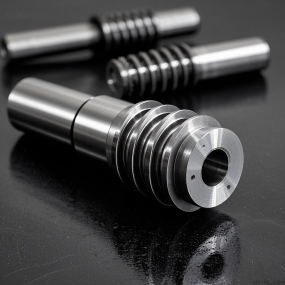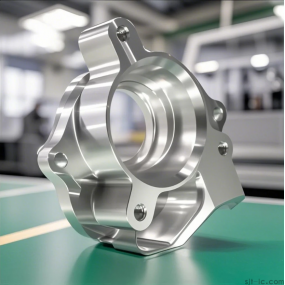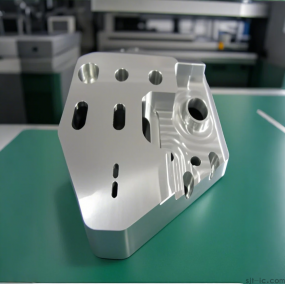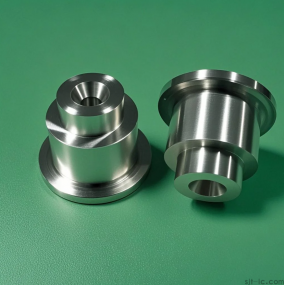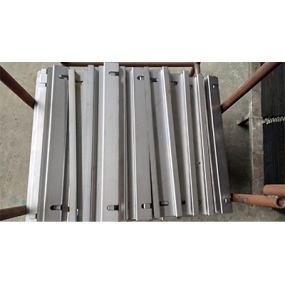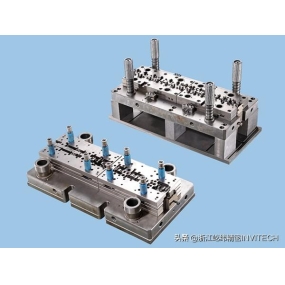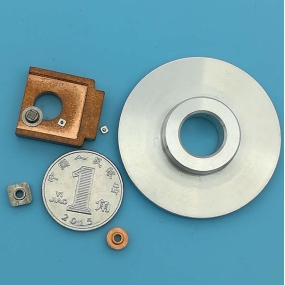Precision machining is a process of removing excess raw materials from a workpiece while maintaining tight tolerances and smoothness to manufacture finished products. Its processing characteristics can be summarized as follows: 1. High precision at the micrometer or even nanometer level: Precision machining technology can achieve precise control of part processing accuracy by using good processing equipment and process methods, and the processing accuracy can usually reach the micrometer or even nanometer level. This high-precision machining can meet the demand for high-precision parts in fields such as aviation, aerospace, and precision instruments. High surface quality: Precision machining technology can also achieve precise control over the surface quality of parts. By optimizing machining parameters and process methods, parts with extremely low surface roughness and high consistency can be obtained. This type of high surface quality component has a wide range of applications in fields such as optics, electronics, and medical devices. 2. High flexibility and wide applicability: Precision machining technology has a wide range of applicability and can be combined with various materials and processing techniques to achieve machining of parts of different shapes, sizes, and materials. This flexibility enables precision machining technology to adapt to the needs of different industries and applications. Multi process combination: The precision machining process involves various processes such as turning, milling, drilling, gear cutting, grinding, as well as special processes such as heat treatment, such as carburizing, quenching, tempering, etc. The combination of these processes further enhances the flexibility and processing capability of precision machining. 3、 High efficiency automation and intelligence: With the development of automation and intelligence technology, precision machining technology has achieved a high degree of automation and intelligence. By adopting numerical control technology, automated detection technology and other means, precise control and optimization of the machining process can be achieved, improving machining efficiency and reducing production costs. Fast turnover and reliable service: Precision machining technology can provide customers with fast turnover delivery and reliable service. When the production cycle is faster, it does not mean a decrease in quality. Professional precision engineers will maintain quality throughout all processing to ensure the production of the desired size of the finished product. 4、 Green environmental protection reduces waste and pollutant emissions: Precision processing technology focuses on environmental protection and sustainable development. By adopting advanced processing equipment and process methods, the emission of waste and pollutants during the processing process can be minimized, reducing the impact on the environment. Material conservation: Precision machining technology can reduce the waste of raw materials. Although engineering and manufacturing industries are expected to generate a certain degree of waste, the application of precision machining will greatly reduce waste, significantly save manufacturing costs, protect the environment, and maximize the use of expensive materials. 5、 Other characteristics are interrelated: Precision machining technology is an important component of mechanical design and manufacturing, and there is a strong correlation between the two. Precision machining technology not only affects the quality of products, but also has a certain connection to the sales and use of products. Evolutionary processing: Sometimes, equipment and tools with lower precision than the workpiece can be used to process the working mother machine or workpiece with higher precision than the "mother machine" through process means and special process equipment. High processing environment requirements: Precision and ultra precision processing environments must meet the three environmental requirements of constant temperature, vibration isolation, and ultra cleanliness. High material requirements for workpieces: The workpiece material must have uniformity and consistent performance, and internal or external micro defects are not allowed. Precision measurement: Precision measurement is a necessary condition for precision machining and ultra precision machining. Without measurement techniques that are compatible with machining accuracy, it is impossible to determine the precision of the workpiece being machined.
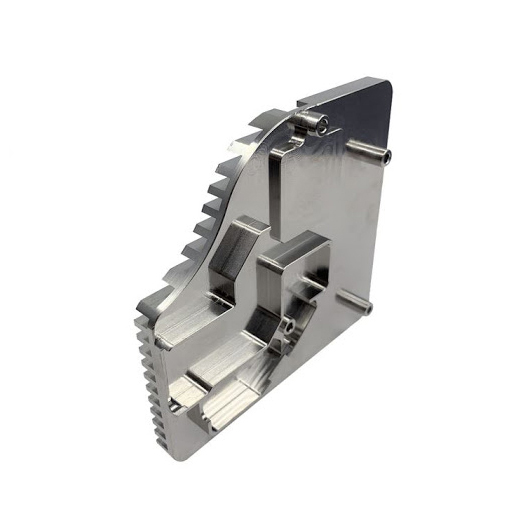


 Spanish
Spanish Arabic
Arabic French
French Portuguese
Portuguese Belarusian
Belarusian Japanese
Japanese Russian
Russian Malay
Malay Icelandic
Icelandic Bulgarian
Bulgarian Azerbaijani
Azerbaijani Estonian
Estonian Irish
Irish Polish
Polish Persian
Persian Boolean
Boolean Danish
Danish German
German Filipino
Filipino Finnish
Finnish Korean
Korean Dutch
Dutch Galician
Galician Catalan
Catalan Czech
Czech Croatian
Croatian Latin
Latin Latvian
Latvian Romanian
Romanian Maltese
Maltese Macedonian
Macedonian Norwegian
Norwegian Swedish
Swedish Serbian
Serbian Slovak
Slovak Slovenian
Slovenian Swahili
Swahili Thai
Thai Turkish
Turkish Welsh
Welsh Urdu
Urdu Ukrainian
Ukrainian Greek
Greek Hungarian
Hungarian Italian
Italian Yiddish
Yiddish Indonesian
Indonesian Vietnamese
Vietnamese Haitian Creole
Haitian Creole Spanish Basque
Spanish Basque

